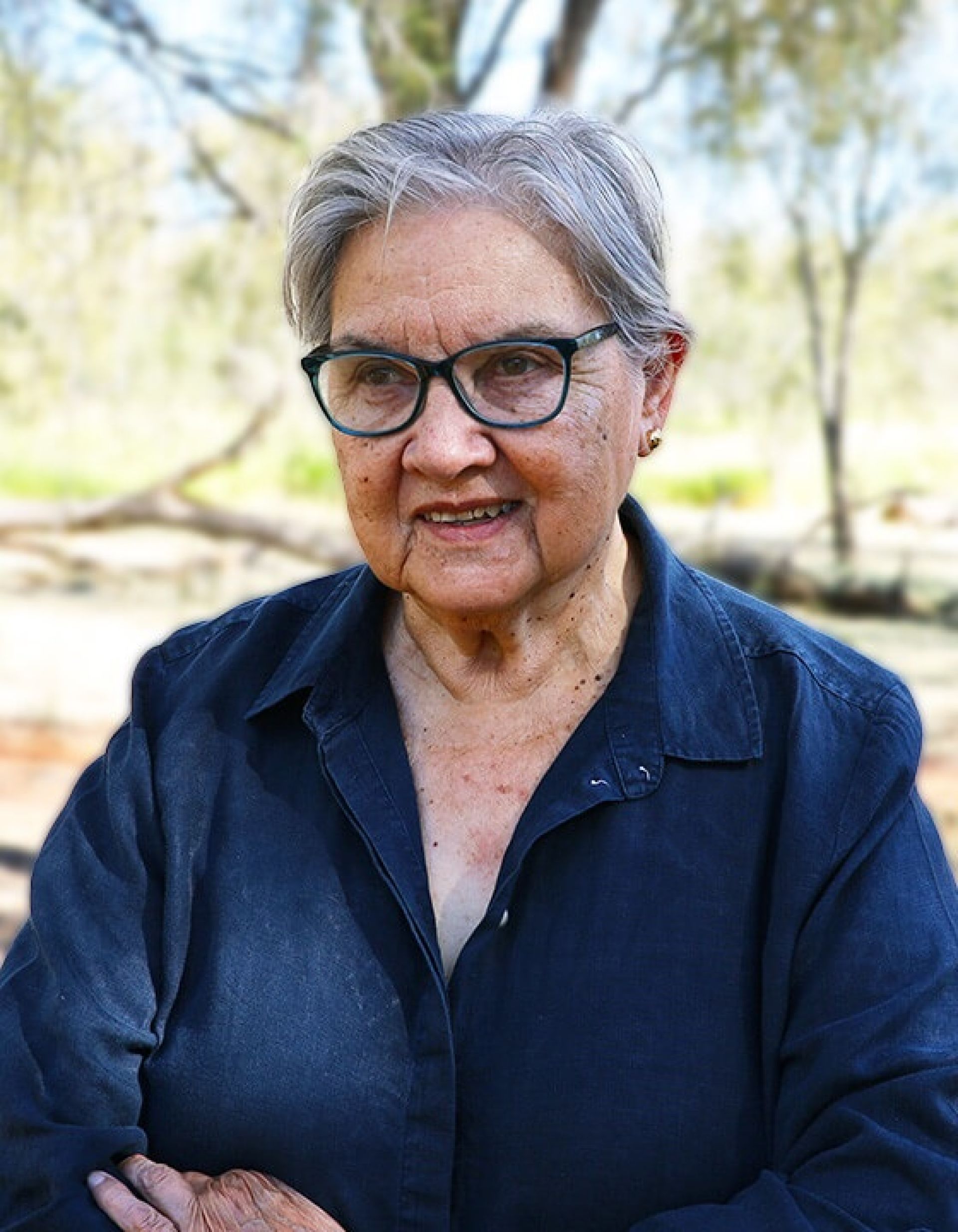
Ms Pat Anderson is an Alyawarre woman known nationally and internationally as a powerful advocate for the health of Australia’s First Peoples. She has extensive experience in Aboriginal health, including community development, policy formation and research ethics.
Ms Anderson has spoken before the United Nations Working Group on Indigenous People, has been the CEO of Danila Dilba Health Service in Darwin, Chair of the National Aboriginal Community Controlled Health Organisation, Chair of the Aboriginal Medical Services Alliance Northern Territory (AMSANT), and was the Chair of the CRC for Aboriginal Health from 2003 to 2009. She has published many essays, papers and articles, including co-authoring with Rex Wild QC of Little Children Are Sacred, a report on the abuse of Aboriginal children in the Northern Territory.
In 2007, Ms Anderson was awarded the Public Health Association of Australia’s Sidney Sax Public Health Medal in recognition of her achievements; she was awarded the Human Rights Community Individual Award (Tony Fitzgerald Memorial Award) in 2012 and the Human Rights Medal in 2016 by the Australian Human Rights Commission. In 2013, she received an honorary doctorate from Flinders University and in 2017 Edith Cowan University conferred on Ms Anderson a Doctor of Medical Science honoris causa. In 2015, Ms Anderson won the public policy category Australian Financial Review and Westpac 100 Women of Influence Awards. She served as co-chair of the Prime Minister’s Referendum Council and she is the current chair of the Remote Area Health Corporation.
Ms Anderson was appointed Officer of the Order of Australia (AO) in 2014 for distinguished service to the Indigenous community as a social justice advocate, particularly through promoting improved health, and educational and protection outcomes for children. In 2018, the national NAIDOC Committee recognised her life-long contribution with the Lifetime Achievement Award.

